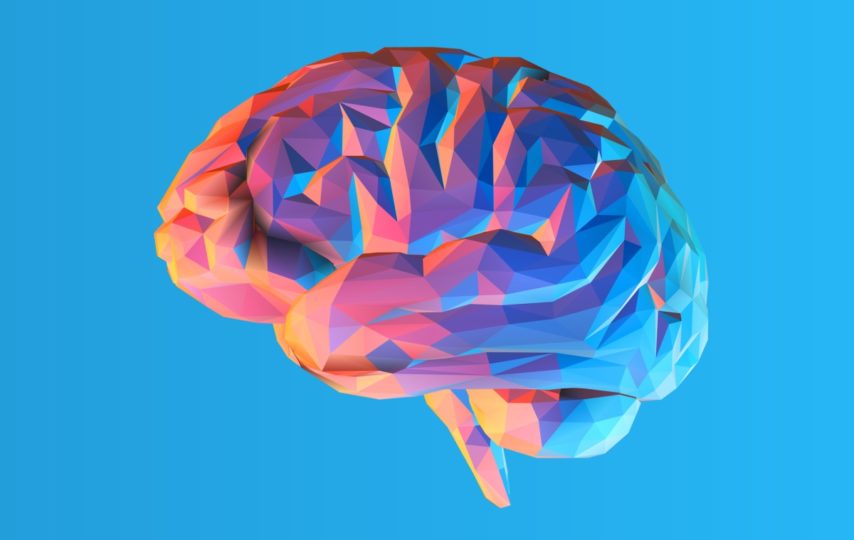Are you looking for ways to improve your memory? Better memory has many benefits. It can help with things like schoolwork or even get you ahead in your career. The more information you can store and organize in your brain, the less time you’ll spend looking things up on your phone or trying to remember the name of the person you just met. People of all walks want to improve memory. Older people try to stay engaged to stave off things like dementia, and younger people try to improve memory because they think it will give them an edge. Some people’s careers depend on their ability to remember things about products, places, or customers.
Whatever your reason for wanting to improve your memory, the good news is that there are several things you can start doing to see real results rather quickly. Here are six of the best techniques you can use to improve memory function.
1. Be Mindful
How many times have you introduced yourself to someone only to forget their name thirty seconds later? Do you have a hard time remembering what you had for dinner last night? What about that list of topics you need for your test or work assignment tomorrow? One of the biggest ways to improve memory function is to be mindfully aware of the things you need to remember. You have to focus your energy if you want to get better at remembering things. For example, if you know that you’re terrible at remembering names, then you need to focus your mental effort every time you shake hands with someone new and they tell you who you are.
Repeating the new information that you want to remember three or four times once you receive it will help immensely with how much information you can remember. Do that with names, online logins, WiFi passwords, and other small tidbits you’ll need to recall later on.
2. Make Remembering a Game
Gamifying any activity is shown to improve results. That’s true of memory function as well. When you make remembering things a game, you’re more likely to retain information and recall it in the future. Popular gamification methods include associating the information with songs, colors, funny jokes, and other memories that will trigger the information in your brain. For example, if you want to remember how to get to a friend’s house without using your phone, you can create a song with the street names where you need to turn. Your brain will more naturally run through the song than trying to memorize things rotely.
3. Practice Practice Practice
People make the mistake of thinking some people are born with better memories than others. Instead, we know that memory is a skill or behavior that can be built and developed. Your brain and memory function are a lot like a muscle. When not used, they lose their edge. To keep your memory sharp, you need to keep at it regularly.
How can you practice remembering things? Play puzzles, read books, and try to go over the story again in your mind, relive fun memories in your head, try to memorize valuable information that you want to learn. The more time and effort you put into remembering things, the easier it will be to remember things when you need to the most.
4. Always Be Learning
Another effective tactic to improve your memory function is to always be learning. You have to keep your mind primed. Doing things like learning an instrument, taking up a new sport, learning a language, and other activities will keep you mentally sharp and help your learning process.
Thankfully, there are now more tools for learning and opportunities to start something new than ever. You can learn Chinese with someone online face to face for relatively little cost or learn how to cook fresh pasta by watching tutorials on YouTube. What you want to learn is completely up to you, and you’ll likely see a marked improvement in your memory function.
5. Peptides and Memory Function
The peptide IGF1 DES is a natural version of insulin-like growth factor-1. It’s a truncated version of what’s found naturally in the brain, breast milk, and uterine tissue. It’s long been known to impact neuron growth and survival, and research done on animals has been shown to improve memory, learning, and other cognitive functions. In test subjects that were given the peptide, increases in communication, learning, motor skills, and other functions were observed.
6. Improve Your Diet
Eating the right foods and maintaining a good level of overall health is also critical to memory function. You can eat high levels of protein, leafy vegetables, and other “brain” foods that can help you learn and remember important information. Not only will you see improvements in your memory, but you’ll also likely experience better energy levels and feel better about yourself.



